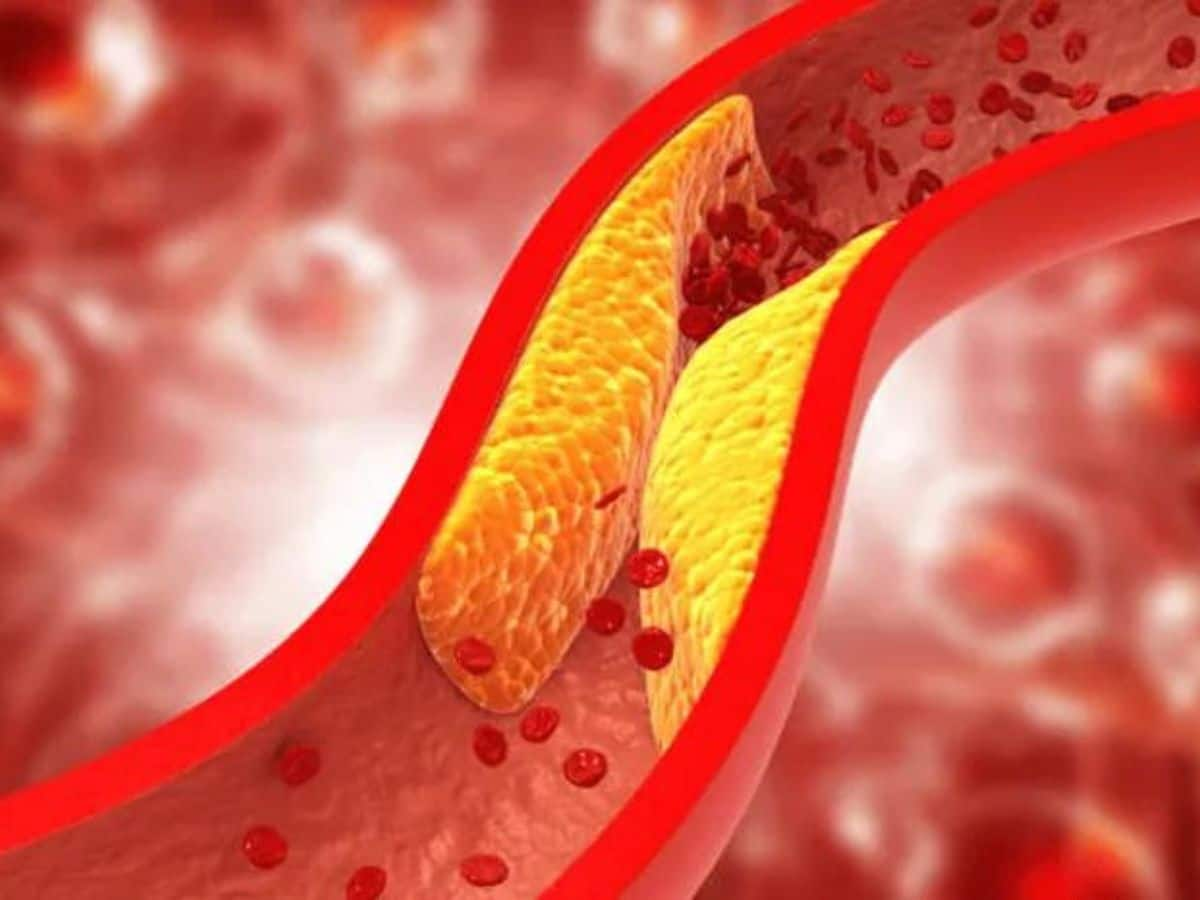Tryptophan is a key amino acid in the human diet that is broken down by gut microorganisms, which convert it into multiple metabolites that have various effects on human health. A recent study published in the journal Nature Microbiology examines tryptophan metabolism in response to increased dietary fiber intake. Study: Dietary fibre directs microbial tryptophan metabolism via metabolic interactions in the gut microbiota .
Image Credit: Tatjana Baibakova / Shutterstock.com In the gastrointestinal tract, tryptophan is broken down into indole, indole lactic acid (ILA), or indole propionic acid (IPA). High indole levels are associated with chronic kidney disease, whereas ILA has protective effects against dietary allergies.

IPA is inversely associated with type 2 diabetes and has been shown to benefit gut mucosal integrity and reduce the risk of atherosclerosis . Other tryptophan metabolites maintain epithelial barriers and immunologic function, regulate inflammation and key metabolic pathways, and provide protection against infectious disease. Conversely, some molecules, like indole, are metabolized by the liver into a toxin that accumulates in chronic kidney disease, subsequently exacerbating the condition.
High gut indole levels also increase the risk of persistent Clostridiodes difficile infection of the colon. Indole is the most abundant tryptophan metabolite in humans and mice, as it comprises up to 75% of all tryptophan metabolites. Multiple microorganisms catabolize try.














)






